Achieving a healthy pregnancy for a patient in her 40’s

An Oman based couple visited Nova IVF Fertility, Mumbai for their IVF treatment. The husband was 33 years old, while the wife was 40 years old. Before coming to Nova, the wife was diagnosed with uterine fibroids and she underwent laparotomy for the removal of the same at Oman in the year 2014. Subsequently, the couple conceived in March 2015 but unfortunately, no cardiac activity was seen during 12 weeks of pregnancy and she was diagnosed with a missed abortion.
During missed abortions, women may not be aware of the loss since symptoms such as vaginal bleeding or abdominal pain that usually occur in a miscarriage or abortion never occur. This tragic loss shattered their dream of starting a family.
Treatments offered at Nova IVF Fertility
Like most other couples, the hope and desire to have their own baby was high, and the couple decided to consult a fertility specialist at Nova IVF Fertility, Mumbai. The fertility consultant at Nova conducted various tests on the couple and concluded that even at the advanced age of 40 years, the wife had a good ovarian reserve. Apart from high blood pressure, all other required parameters were under control. This made the couple even more positive and hopeful about the treatment.
Keeping her blood pressure under control, the expert at Nova decided to start self-cycle Intracytoplasmic Sperm Injection (ICSI) with Preimplantation Genetic Testing for aneuploidy screening (PGT – A). By using her own oocyte, they were able to get 6 embryos, which were sent for a biopsy on the 3rd day of embryonic growth. As per the results on the 5th day, there were 2 out of 6 embryos that did not have chromosomal abnormalities.
These 2 embryos were transferred into her uterus. 10 days after the embryo transfer, her beta hCG test was positive and nine months later, in December 2017, the couple was blessed with a healthy baby.
Pregnancy in women in late 40s
The rate of pregnancy in women in their late 40s, is significantly lower, when compared to younger women. Most of the implantation failures, or miscarriages, happen due to chromosomal abnormalities in the embryos. With increasing maternal age, the chances of chromosomal abnormalities, also increases. These abnormalities, are common in about 80 % of women in their 40s.
Preimplantation Genetic Testing (PGT) is a screening test for genetic diseases that is done on embryos produced through the IVF procedure. The major goal of testing for aneuploidy is to select the best embryos which increases the chance of a successful pregnancy.
Types of Preimplantation Genetic Testing
PGT is divided into 3 subtypes – PGT for aneuploidy or PGT-A, PGT for monogenic/single gene disorders or PGT-M and PGT for chromosome structural rearrangements or PGT-SR.
- PGT-Ais a test conducted on the embryos, for detecting chromosomal abnormalities such as an extra or a missing chromosome.
- PGT-Meliminates the risk of a child being born with inherited disorders that are caused by single gene mutation. Cystic fibrosis, Huntington’s disease, etc. are the examples of disorders caused due mutation of a single gene, also called as monogenetic disorders.
- PGT-SRscreens the embryo for the correct or balanced amount of genetic material. With the help of PGT-SR, only the embryos that contain balanced chromosomal content, is transferred.
How is Preimplantation Genetic Testing (PGT) performed?
During Preimplantation Genetic Testing, the embryos that are formed through the IVF procedure, are sent for biopsy. In this process, the biopsy is taken from day 3 / day 5 stage of the development of the embryo culture. Few cells from the embryos are carefully removed from the trophectoderm or the pre-placenta and sent to the laboratory, for a detailed analysis.
The experts, then examine these samples and check their genetic material or chromosomes. Embryos with the incorrect number of chromosomes may lead to a non-viable pregnancy. Experts select the good quality embryos with the correct number of chromosomes and transfer them to the mother’s uterus. The results are usually available within 7 – 10 days after the biopsy.
Preimplantation Genetic Testing for aneuploidy
PGT-A usually falls into three categories namely, euploid, aneuploid, or mosaic.
- Euploid – Usually, a person has 23 pairs of chromosomes inherited from each parent. Embryos are said to be euploid when the number of chromosomes per cell is normal i.e. 46 chromosomes. The euploid embryos have a higher chance of pregnancy.
- Aneuploid is when the embryos have an abnormal number of chromosomes per cell. If the cells have an extra chromosome, it is known as trisomy. Monosomy is a condition when there is a chromosome missing in the cell. The likelihood of producing a successful pregnancy is less in aneuploidy embryos. The most common cause of implantation failures, miscarriages and birth defects are aneuploidy.
- Mosaic embryo may have normal as well as an abnormal number of chromosomes. The chances of producing a successful pregnancy are low but possible. In the case when no euploid embryos are available after biopsy, only then the mosaic embryos will be recommended for a uterine transfer provided the embryo is labelled low mosaic. Transfer is done only after the couple is counselled regarding the Mosaic embryo.
Preimplantation Genetic Testing for aneuploidy (PGT-A) is not only helpful in reducing the risk of miscarriage but also detects the genetic conditions such as trisomy 21 or downs syndrome and trisomy 18 or Edwards Syndrome.
- Symptoms of Downs Syndrome / Trisomy 21 include flat facial features, delayed development, poor muscle tone, short neck, short stature, bulging tongue, etc.
- Symptoms of Edwards Syndrome / Trisomy 18 include low birth weight, small jaw and mouth, cleft lip and palate, the absence of one or both testes, abnormally shaped head, etc.
With Preimplantation Genetic Testing, parents can prevent the risk of passing the aneuploidy to their children. Couples with increased maternal age, previous pregnancy with aneuploidy, recurrent miscarriages, failed embryo implantation failures, unexplained infertility or multiple unsuccessful infertility treatments, can consider these tests.
 Infertility Counselling
Infertility Counselling Female Infertility Treatment
Female Infertility Treatment Andrology Treatment
Andrology Treatment Fertility Enhancing Surgeries - Female
Fertility Enhancing Surgeries - Female Fertility Enhancing Surgeries - Male
Fertility Enhancing Surgeries - Male Endoscopy Treatment
Endoscopy Treatment IUI Treatment
IUI Treatment IVF Treatment
IVF Treatment ICSI Treatment
ICSI Treatment Advanced IVF Solutions
Advanced IVF Solutions Embryology
Embryology Vitrification Egg, Embryo, Sperm Freezing
Vitrification Egg, Embryo, Sperm Freezing Preimplantation Genetic Testing (PGT)
Preimplantation Genetic Testing (PGT) Donation Program Embryo / Egg / Sperm
Donation Program Embryo / Egg / Sperm Self-cycleTM IVF
Self-cycleTM IVF

 Self-cycleTM IVF
Self-cycleTM IVF


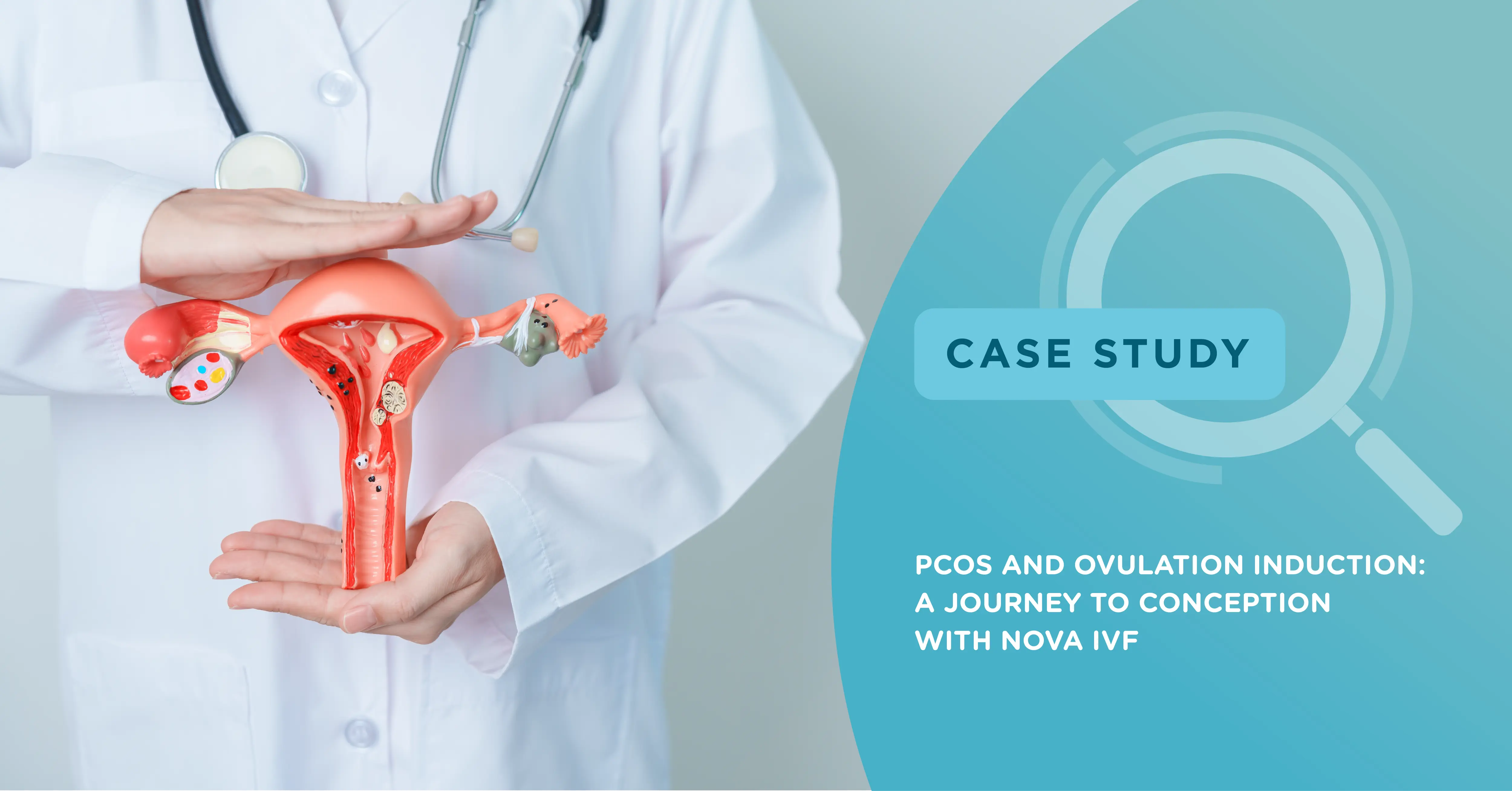
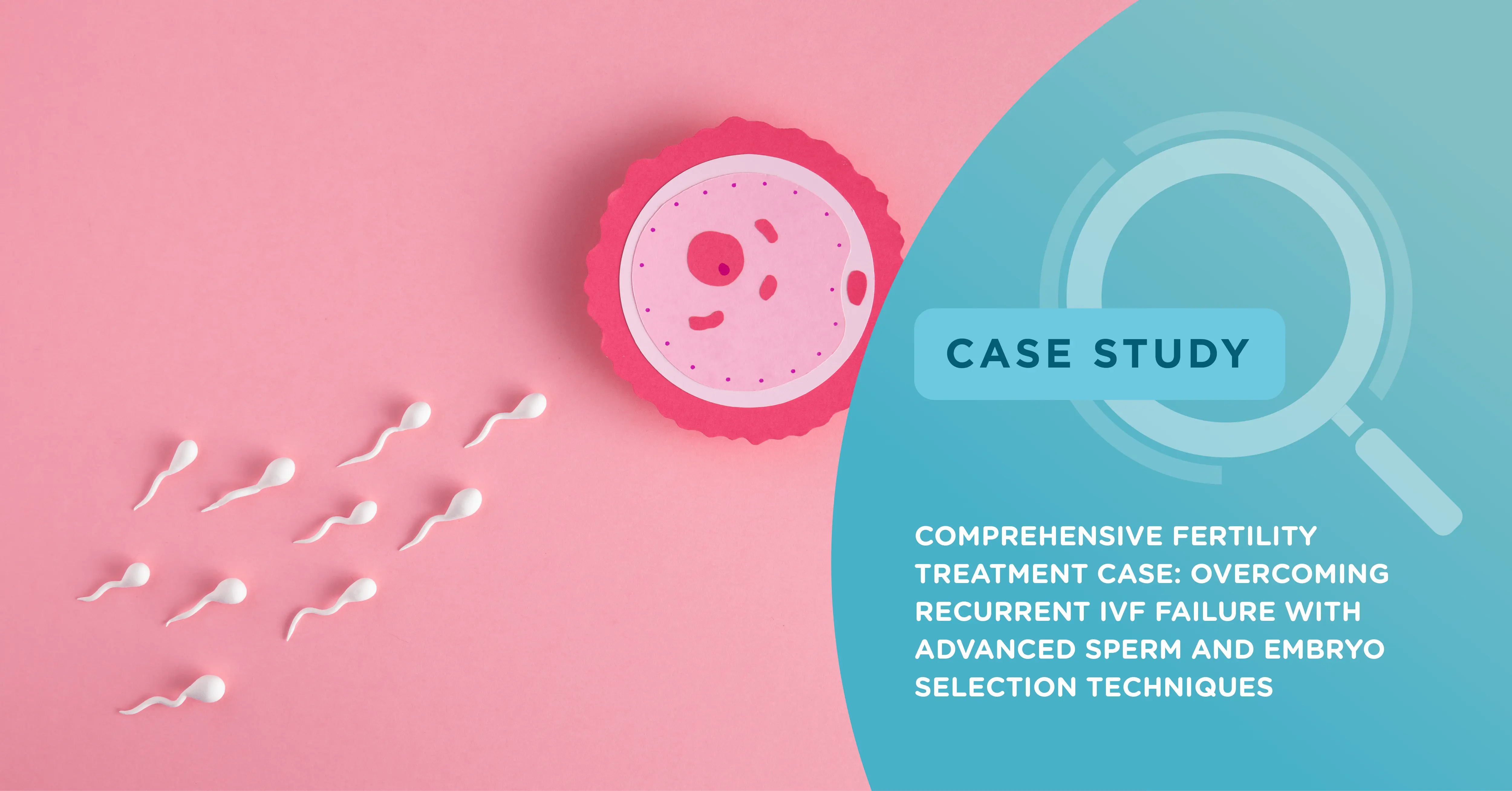
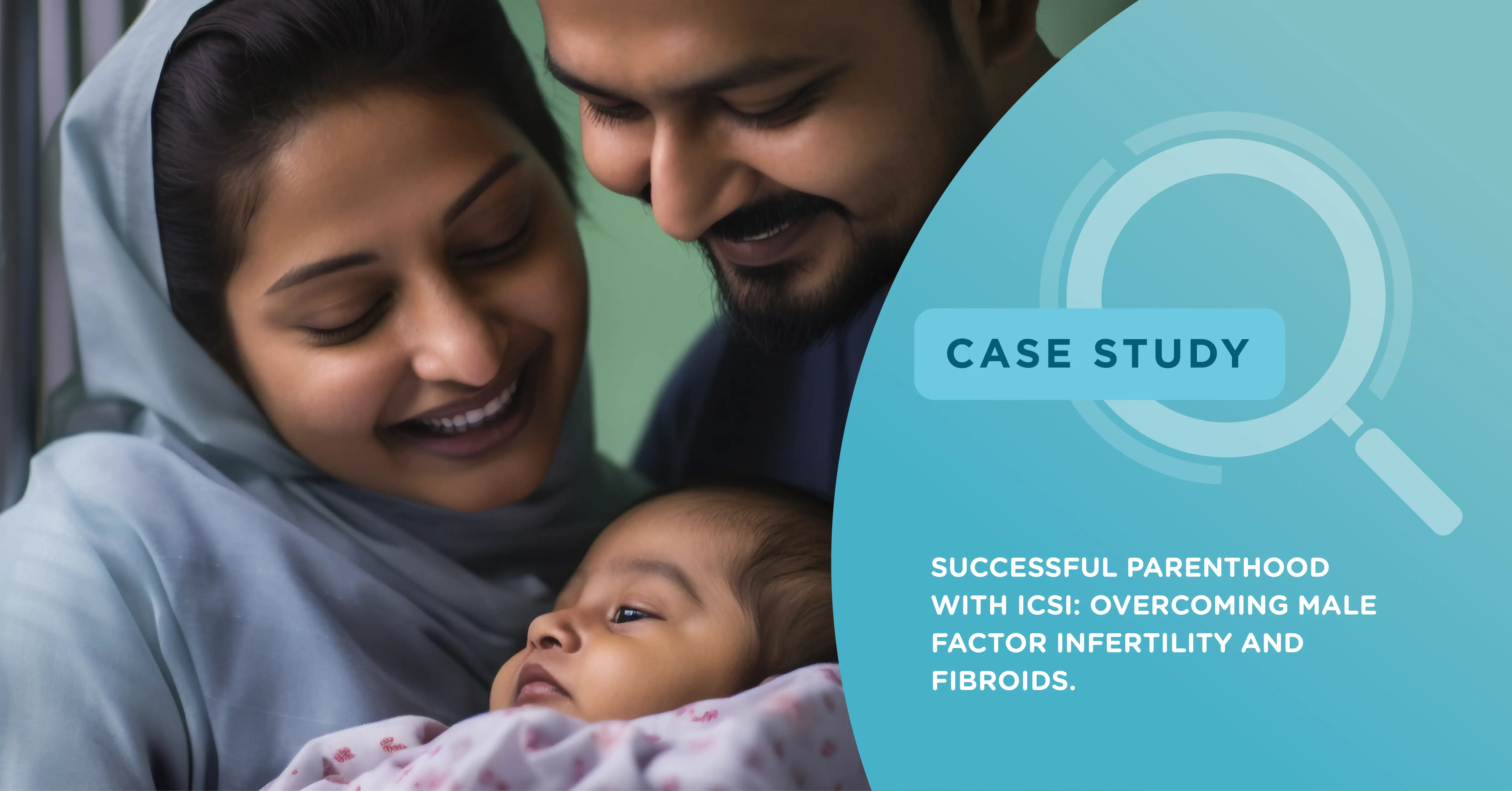
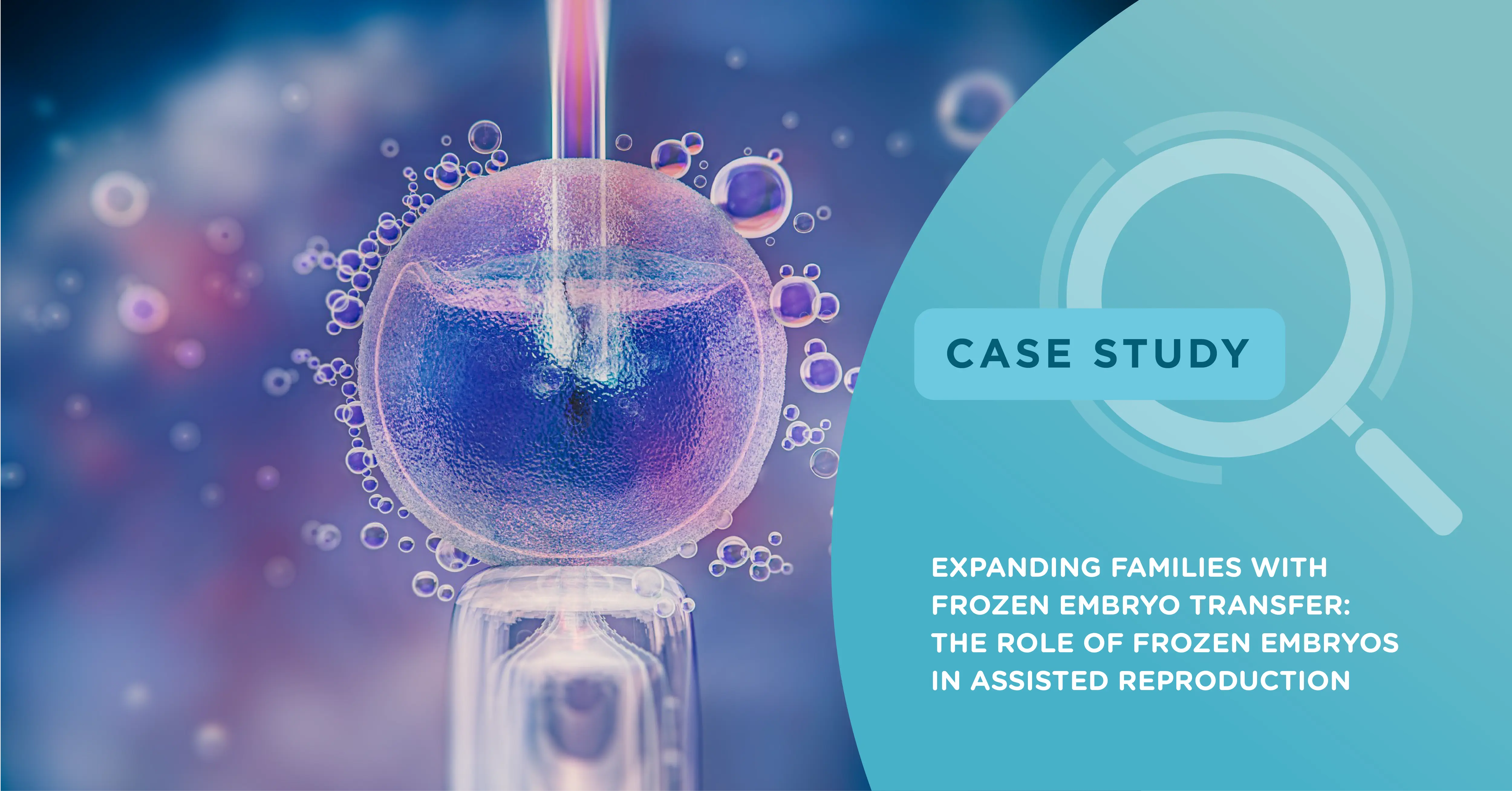

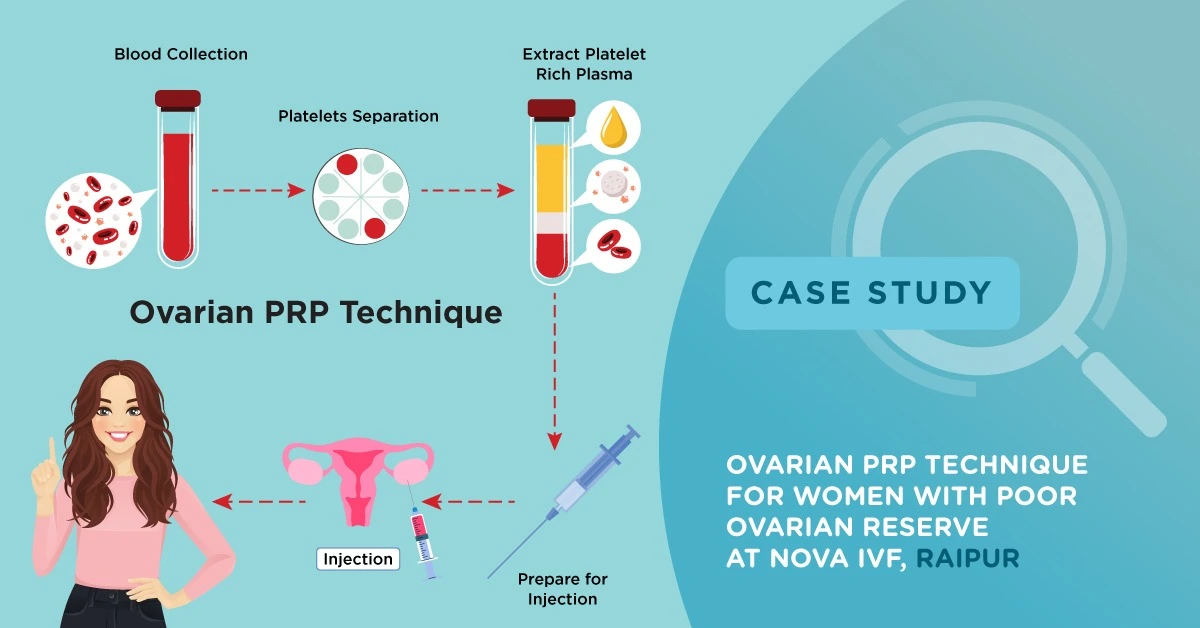
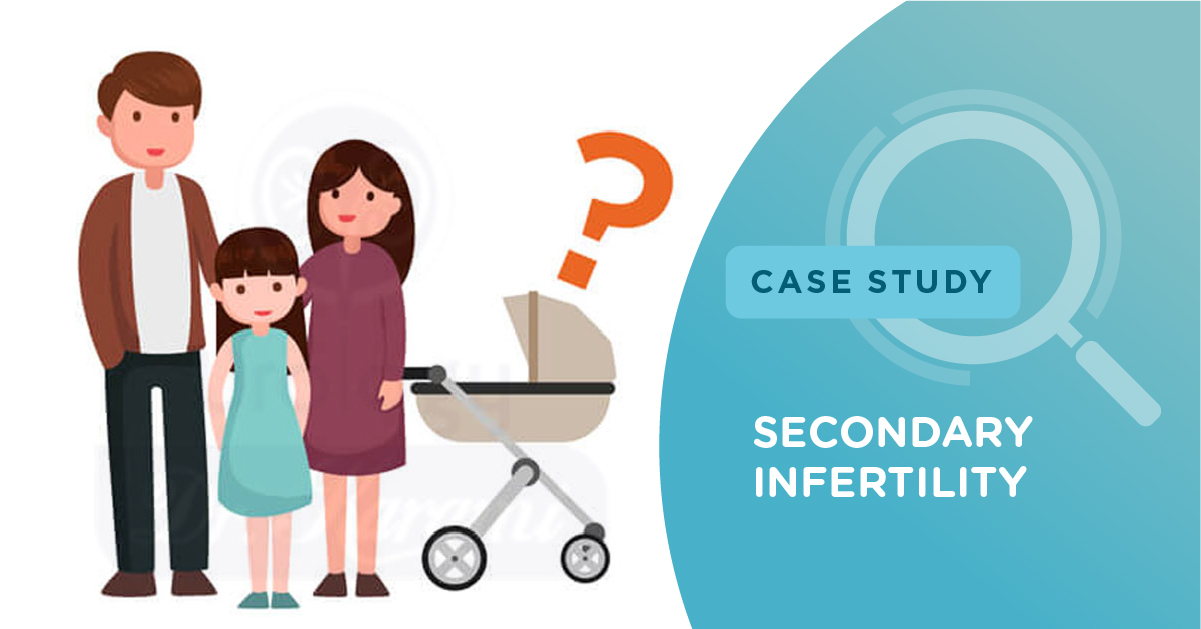
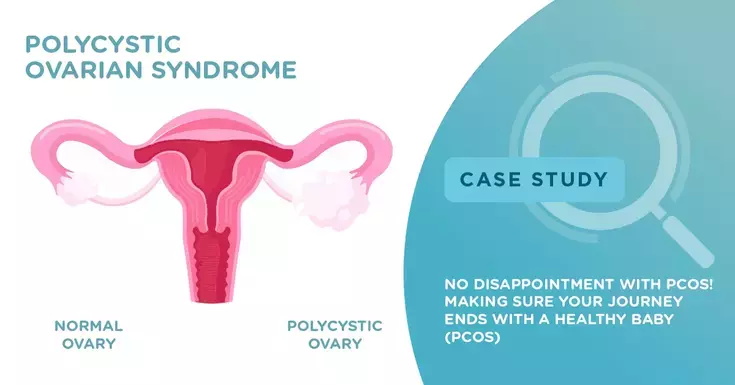






Add new comment